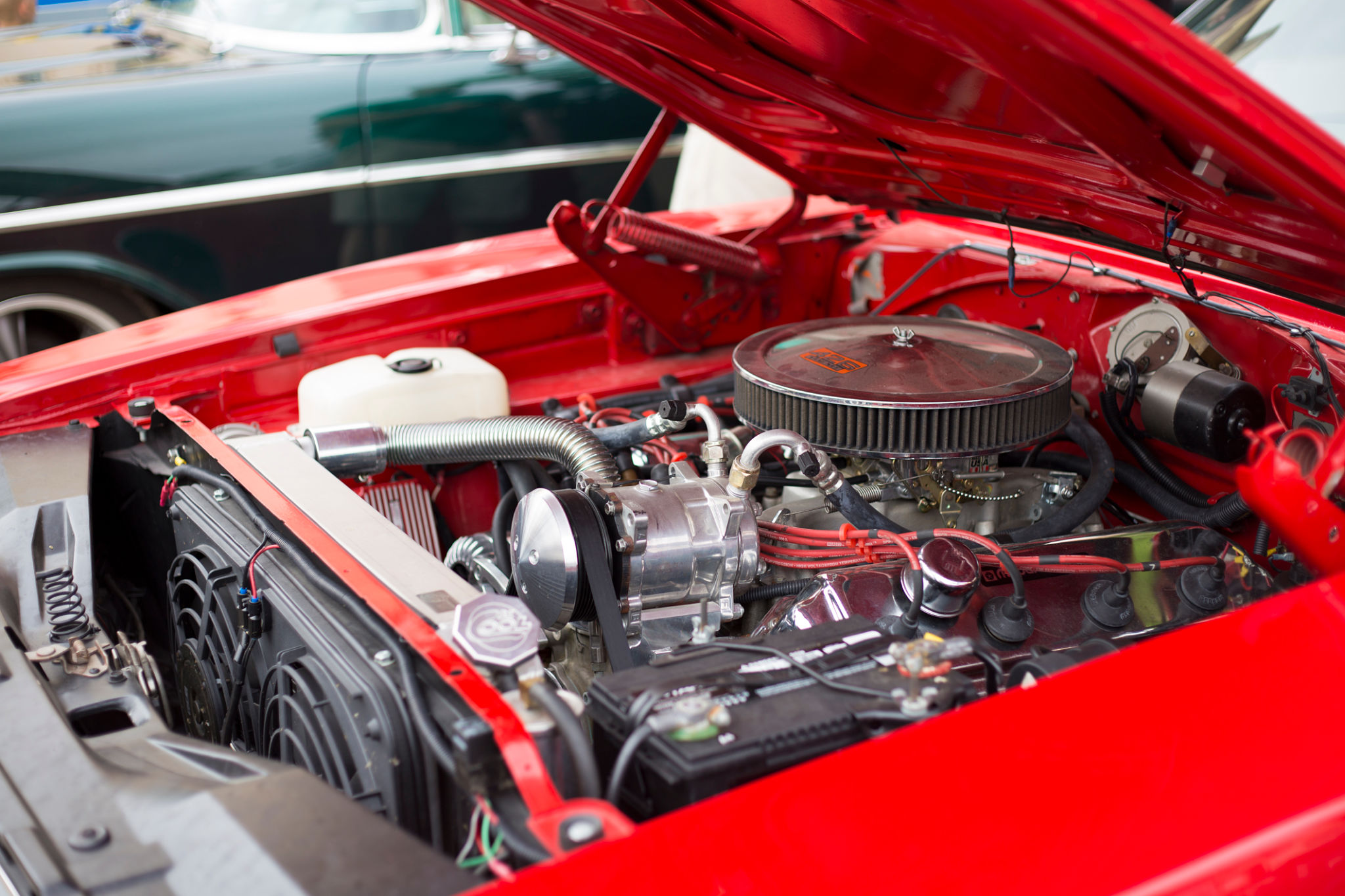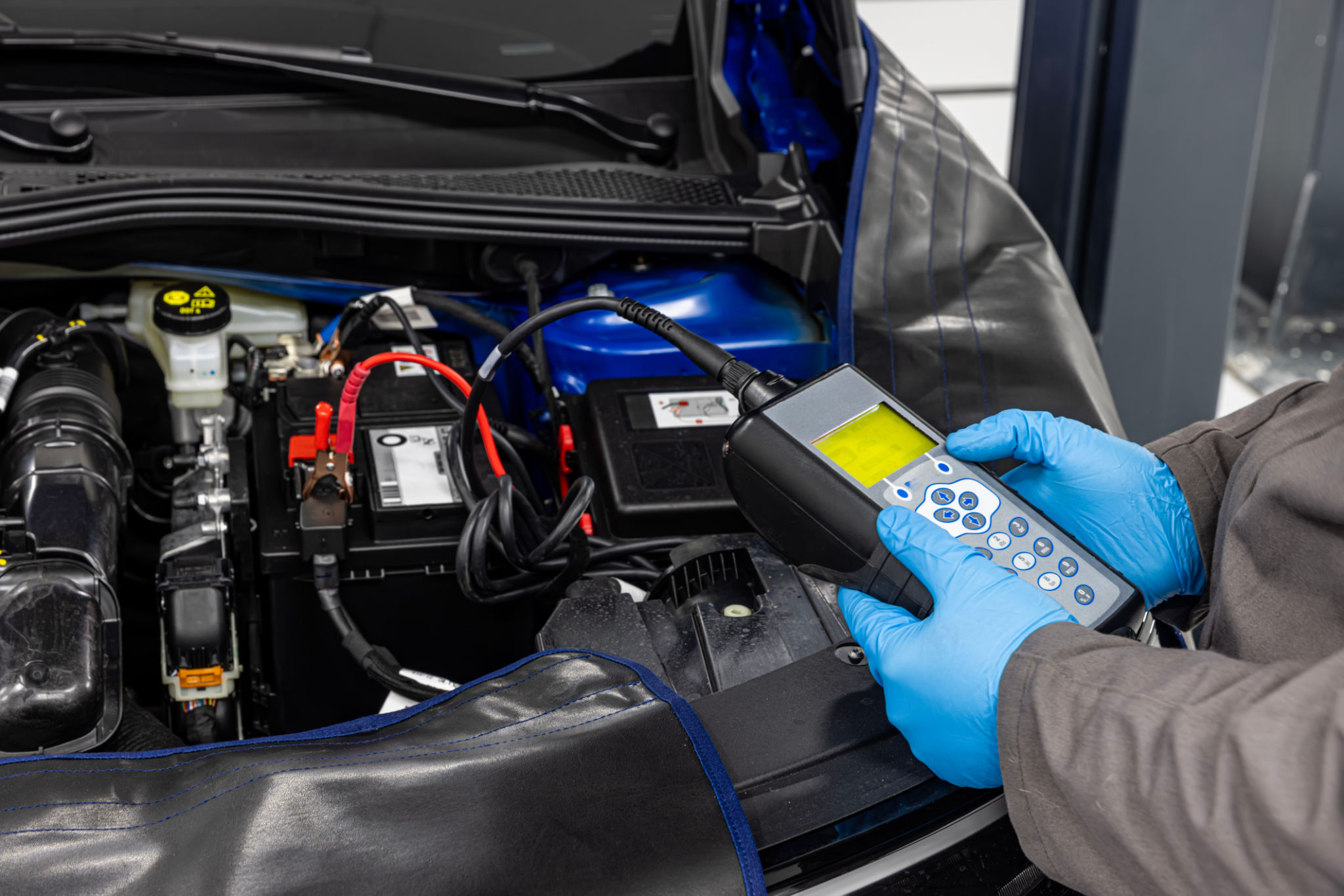Case Study: How We Solved a Complex Electrical Issue in a Classic Car
Introduction to the Problem
Classic cars exude charm and nostalgia, but they often come with their unique set of challenges, especially in the realm of electrical issues. Recently, we were approached by a client who owned a beautifully preserved 1969 Chevrolet Camaro. Despite its pristine condition, the car had a persistent electrical problem that baffled several mechanics.
Our task was clear: to diagnose and fix this complex issue that was affecting the car's overall performance. If you're a classic car enthusiast, you know how daunting electrical problems can be. However, with the right expertise and approach, even the most perplexing issues can be solved.

Initial Diagnosis
The first step in resolving any electrical issue is a thorough diagnosis. We began by listening to the client's account of the problem, which involved intermittent starting issues and flickering dashboard lights. Our team conducted a detailed inspection of the vehicle's electrical system.
We focused on the battery, alternator, and wiring connections. An initial voltage test indicated inconsistencies that hinted at a deeper issue. Careful examination revealed that some of the original wiring had deteriorated over time, causing sporadic contact and voltage drops.
Developing a Solution
Once we identified the root cause, our next step was to devise a comprehensive solution. We aimed to restore the vehicle's electrical system to reliable working order without compromising its classic appeal. Our team laid out a plan that included:
- Replacing worn-out wires with high-quality replicas that matched the original specifications.
- Upgrading the alternator to a modern equivalent that could handle additional loads.
- Ensuring secure connections throughout the system to prevent future issues.

Implementation Process
Executing the plan required meticulous attention to detail. We began by carefully removing the old wiring harness and replacing it with new wires. Each connection was soldered and insulated to ensure maximum conductivity and durability.
The alternator upgrade involved installing a new unit designed for classic cars, offering improved output while maintaining an authentic appearance. We also took this opportunity to clean and tighten all connections, ensuring that every component worked in harmony.
Testing and Verification
After completing the repairs, we conducted rigorous testing to verify the effectiveness of our solution. The Camaro was subjected to various conditions, including starting cycles and prolonged idling, to confirm that the electrical system functioned flawlessly.

The results were outstanding. The starting issues were resolved, and there were no signs of flickering lights. More importantly, our client was thrilled with how smoothly the vehicle operated post-repair.
Conclusion
This case study exemplifies how a systematic approach combined with expert knowledge can solve even the most complex electrical issues in classic cars. By addressing each component with precision and care, we transformed a problematic system into a dependable one.
If you're facing similar challenges with your classic vehicle, remember that while these cars may have aged gracefully on the outside, their internal systems deserve just as much attention and expertise.